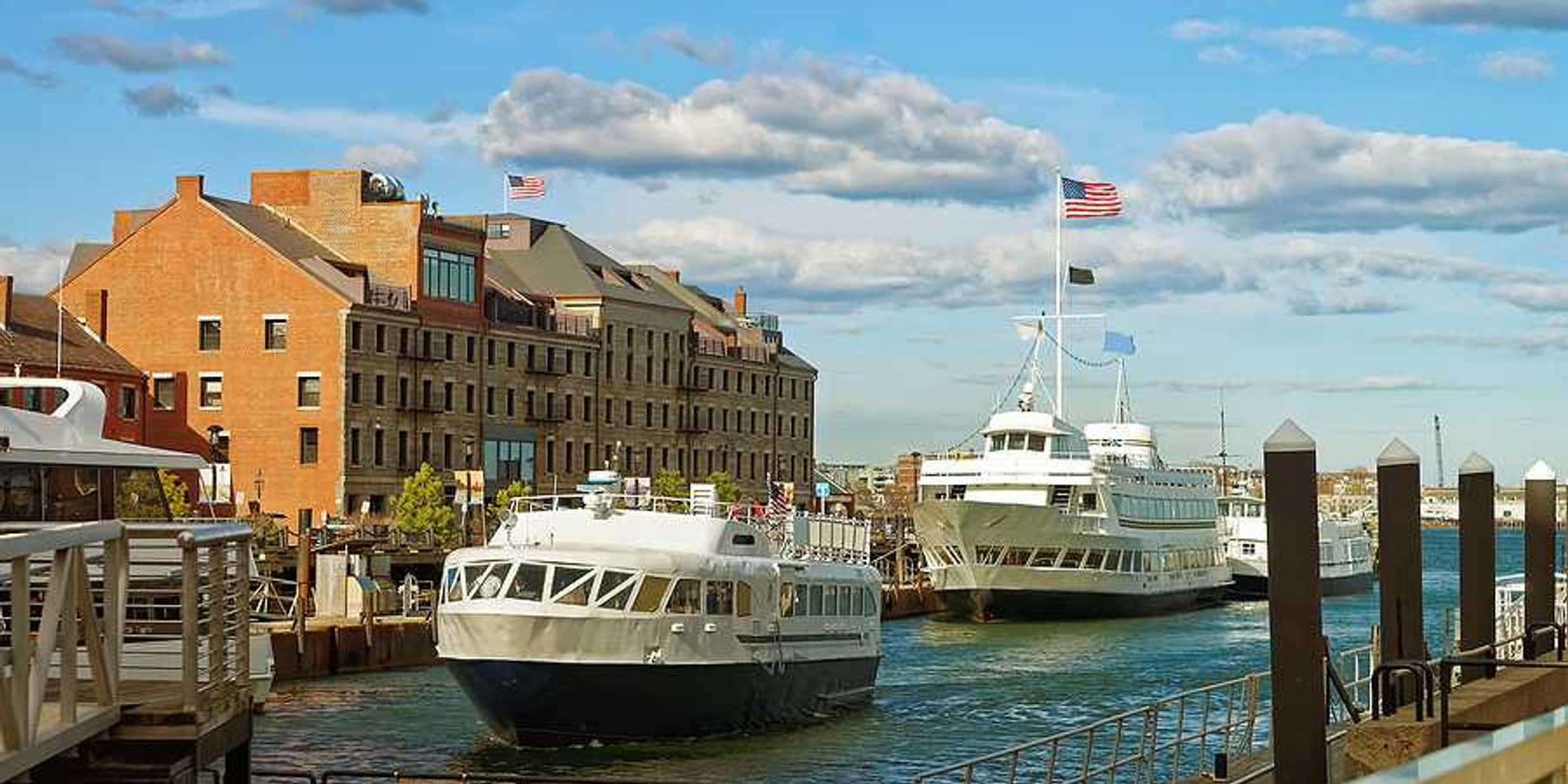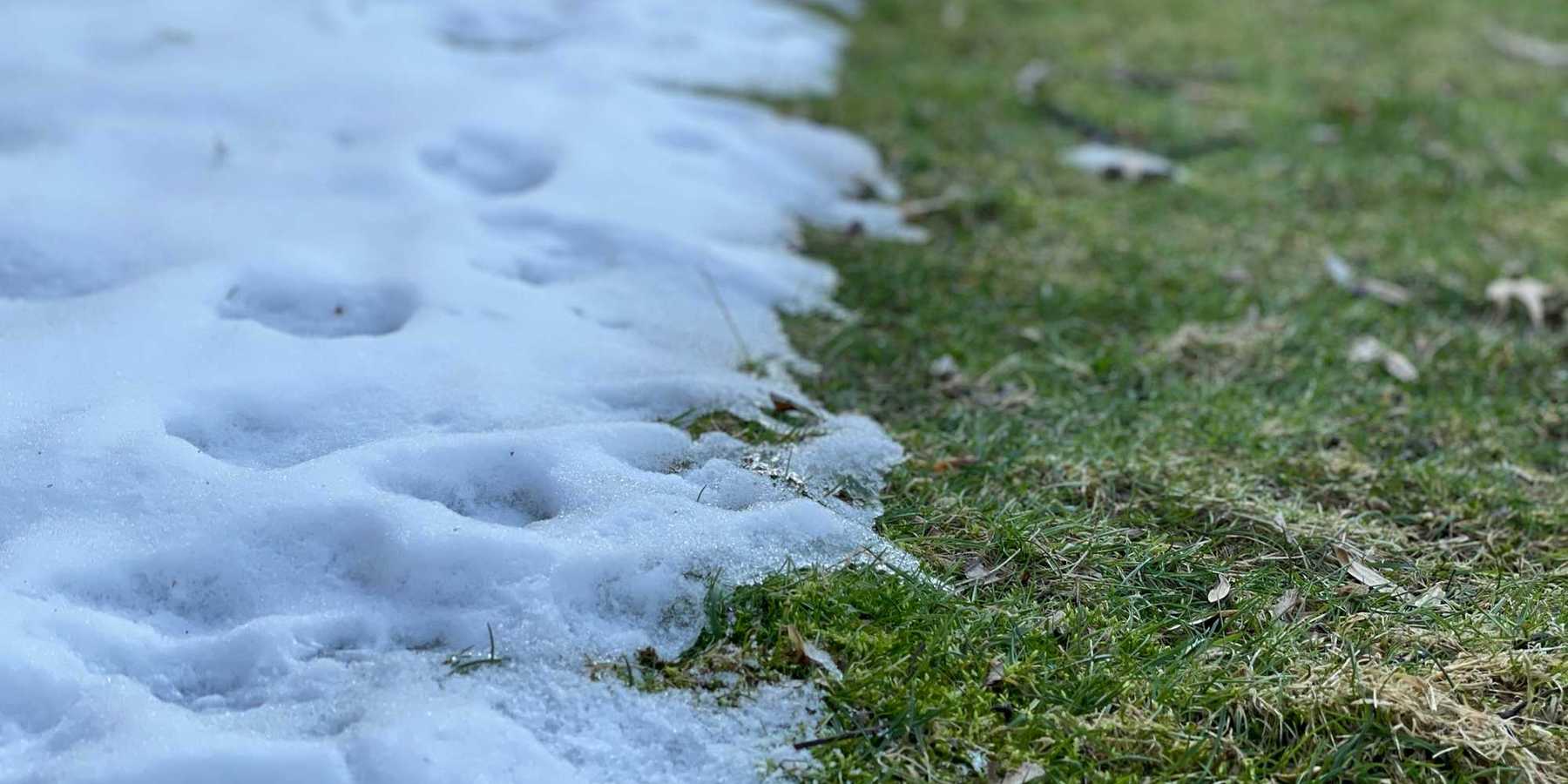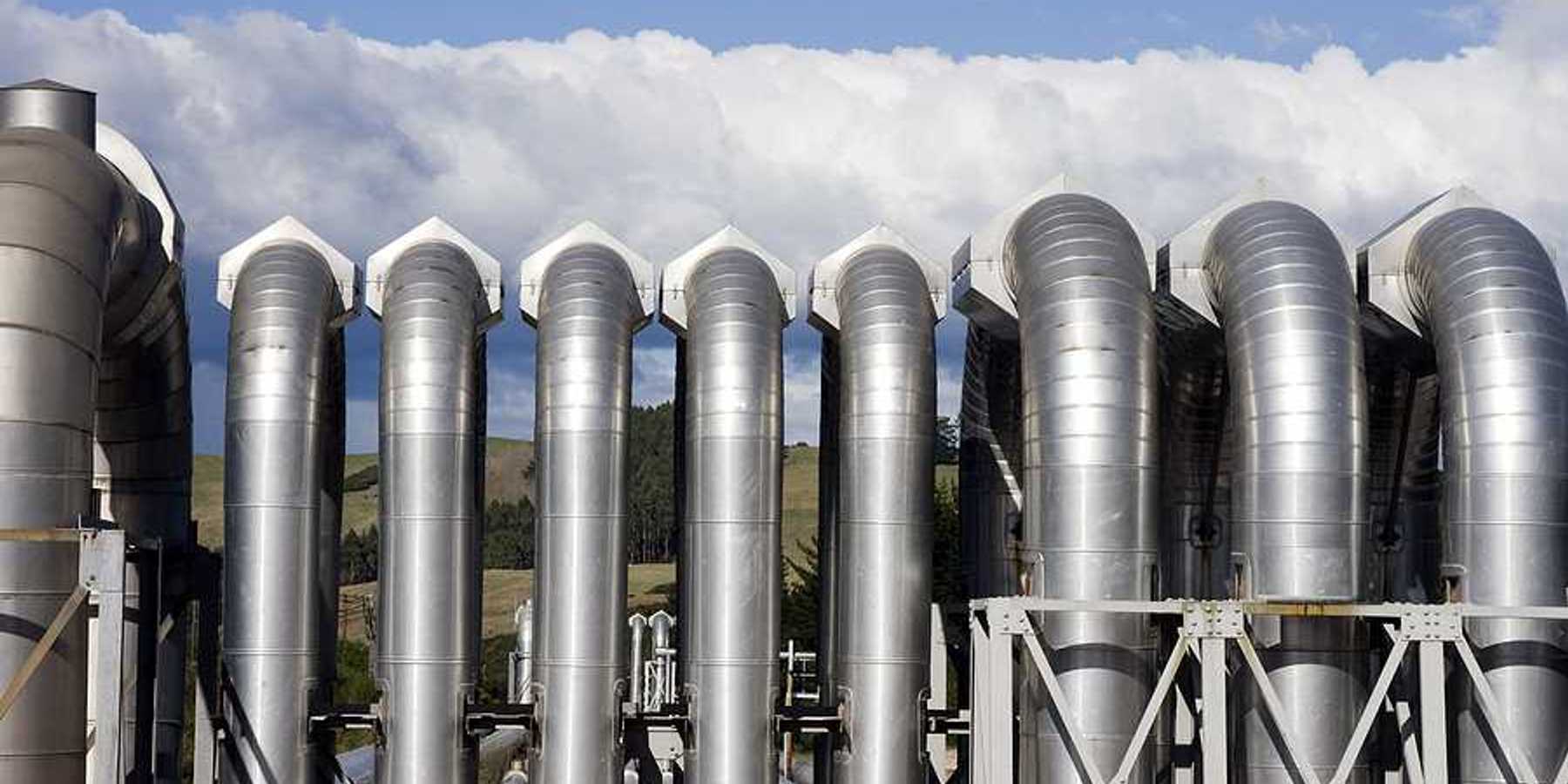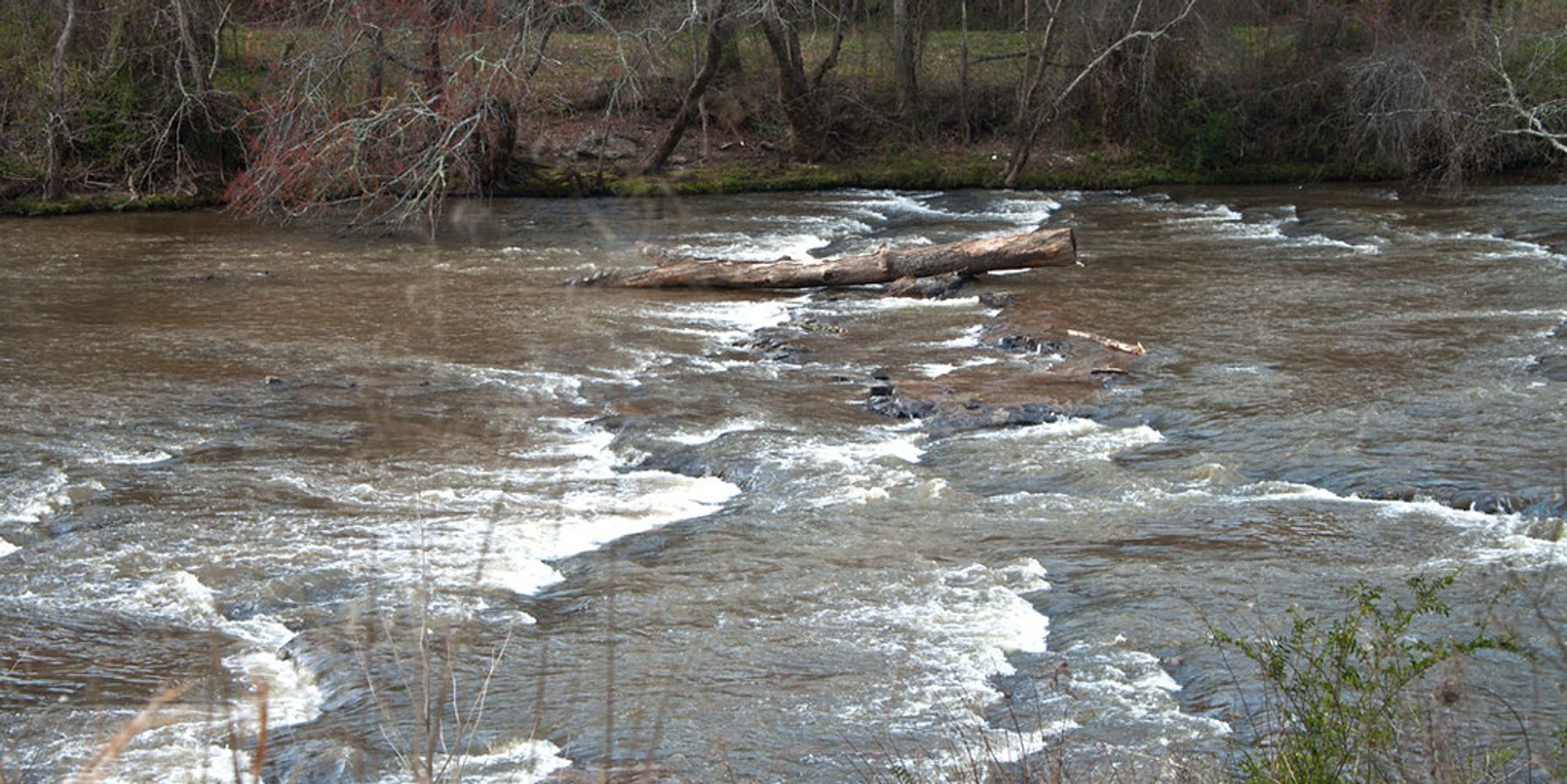
My urban nature gem
Thanks to the Clean Water Act and one relentless activist, Georgia's South River may finally stop stinking.
If you live and work within cities or suburbs, urban nature enclaves are something special.
I've spent the last 10 years working primarily from home. I'm lucky enough to have a job, and employers, that allow me to do this.
The South River became my refuge, a meandering stream that starts near Atlanta's airport, wending its way in between some of its biggest landfills. By the time it nears my home, 25 miles downstream, it's beautiful. Mostly.
It's here that I learned about the kingfisher, a remarkable bird that's half migrant and half commuter. Kingfishers follow a daily, linear route of up to 50 miles up the river, according to state naturalists.
In the spring, the river is swarmed by tree swallows, darting and diving to provide a safe pesticide. The river runs near Arabia and Panola Mountains, granite humps that are less famous cousins to Stone Mountain, a dozen miles to the north. These three monadnocks are also the primary habitats of an endangered plant, Diamorpha smallii, which fill small eroded pits in the granite, then bloom an explosive red in early spring, giving the three mini-mounts the appearance of three whopping cases of the measles.
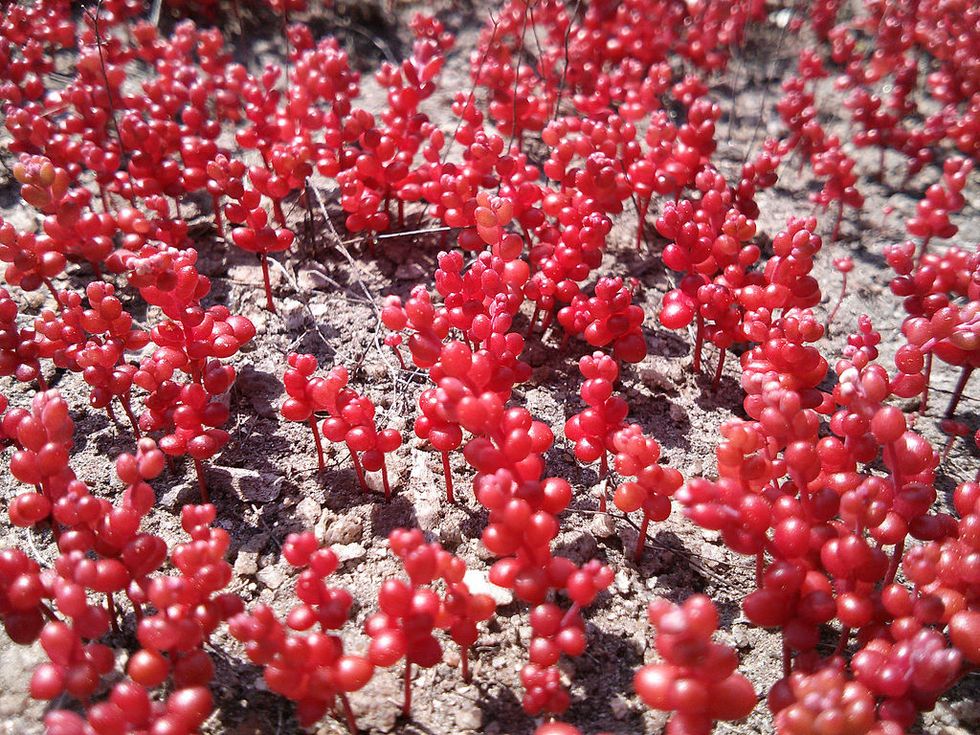
Rhododendrons follow en masse in June, right about when gazillions of wild blackberries come in.
Yellow daisies are an early fall staple, but there's a year-round plant problem. The riverside habitat is ideal for Chinese privet, a handsome, sweet smelling hedge that crowds out native vegetation like there's no tomorrow. Volunteers are fighting an uphill battle to remove the privet and restore the native plants but it's literally hand-to-hand combat—weekend warriors versus 24/7 habitat-killing force.
South River's year-round pollution battle is a mixed bag. It's been nearly a half century since the Clean Water Act mandated an ambitious return to "fishable, swimmable" waterways. Atlanta's more famous stream, the Chattahoochee, suffered regular, horrific sewage spills for decades—generally when archaic combined sewer systems were overwhelmed by heavy rains mingling with sanitary systems, releasing untreated poop into Buckhead millionaires' backyards. Political pull, creative litigation and organizing by a group called Chattahoochee Riverkeeper, and the fear that poop-spilling could be elevated to an Olympic event when Atlanta hosted the 1996 Summer Games, led to some costly fixes.
The South River had many of the same problems and one indefatigable hellraiser. Jackie Echols is a bespectacled college dean, an African-American environmental leader in a field rightly criticized for its diversity failures. Despite epic sewage overflows from Atlanta facilities and growing problems with an aging (1961) DeKalb County treatment plant, a good heavy downpour can still make the South River stink. Echols and the South River Watershed Alliance faced down the major Atlanta polluter, but DeKalb County has failed to make improvements it had agreed to nine years ago.
The River is also a tragically-classic case study of plastic pollution in our waterways. After a deluge, the river is a muddy parade of basketballs, soccer balls, lawnchairs, bottles, bags and more.
It got complicated for me in early 2017, when a spinal infection put me in a wheelchair for life. Even modified, limited outings into modified, limited nature near my home didn't work well.
I can't get to the South River anymore, which in a way made this urban nature gem all the more valuable to me. The public is re-discovering the river. The South River Water Trail, a semi-official designation, is helping to bring boaters, kayakers, fishers, and even an occasionally bold swimmer back to the river. Commercial canoe and kayak trips may soon bring a tiny trickle of revenue to the river. Trash barges now do regular cleanups at at least two locations.
Mind you, this urban gem won't become Georgia's Yellowstone. No smell of money here. But the smell of no smell would be very nice indeed.
Peter Dykstra is our weekend editor and columnist and can be reached at pdykstra@ehn.org or @pdykstra.
His views do not necessarily represent those of Environmental Health News, The Daily Climate or publisher, Environmental Health Sciences.
Banner photo: South River. (Credit: Anne Davis 773/flickr)


